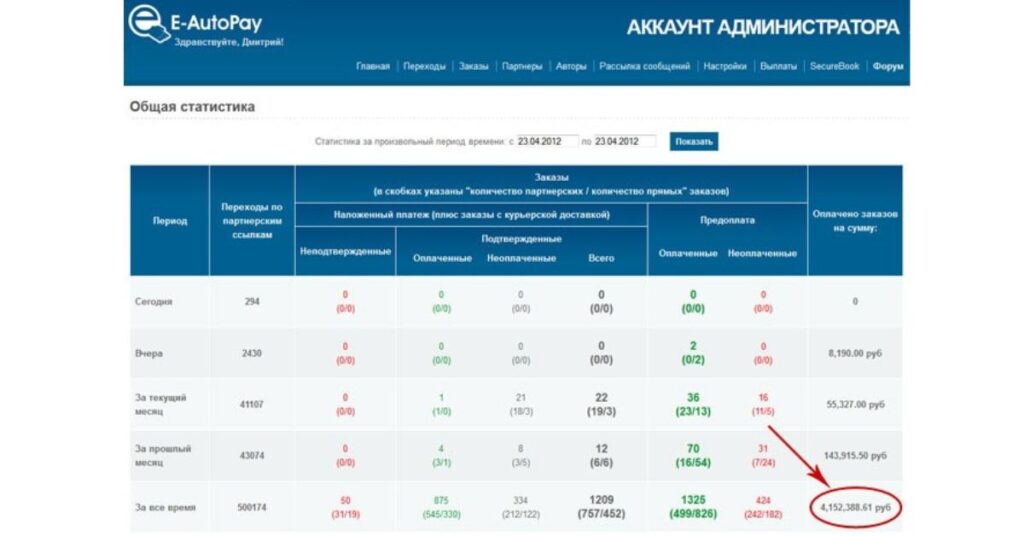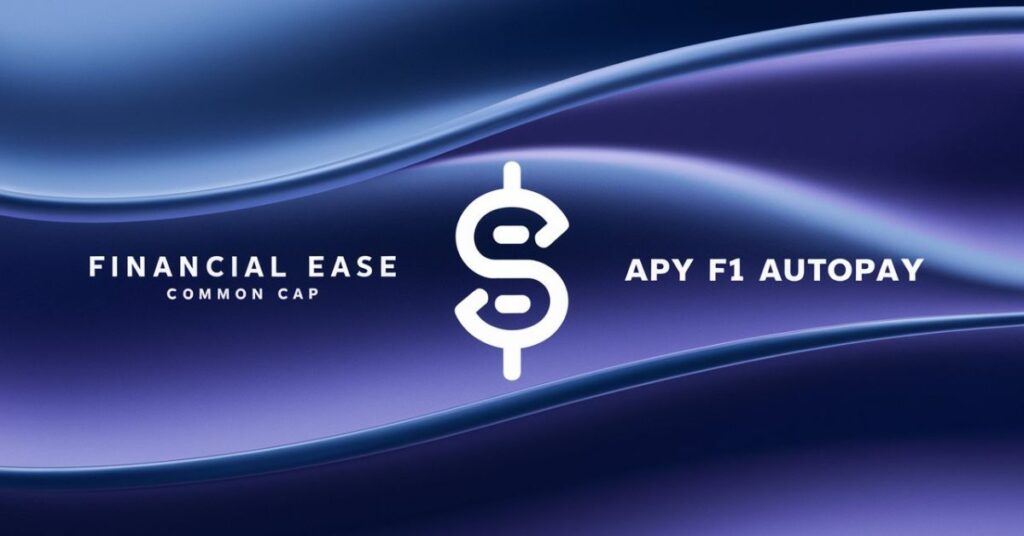Have you ever looked at your bank account or credit card bill and noticed a cryptic code like “ACH-COMN-CAP-APY-F1”? While it may seem like a random jumble of letters and numbers, this code holds valuable information about an automated payment you’ve authorized. In this complete guide, we’ll clarify the “ACH-COMN-CAP-APY-F1” code and provide you with the tools to appreciate and manage your finances with ease. Unlock Financial Ease: Common Cap APY F1 Autopay Phone Number Inside.
What is “ACH-COMN-CAP-APY-F1”?
The “ACH-COMN-CAP-APY-F1” code represents an automatic payment or recurring charge from Comenity Capital Bank. permit to destroy the additives of this code:
- ACH: Stands for “Automated Clearing House,” which is an electronic network used for shifting price ranges among banks and monetary institutions.
- COMN: This is an abbreviation for “Comenity,” relating to Comenity Capital Bank, the economic group answerable for processing the price.
- CAP: Likely an abbreviation for “Capital,” further identifying Comenity Capital Bank.
- APY: Potentially stands for “Autopay,” indicating that this charge is a recurring, automated payment.
- F1: A specific identifier or reference code used by Comenity Capital Bank for tracking purposes.
Accepting these codes can help you quickly identify charges and autopay setups on your bank statements or credit card bills, allowing you to better manage your finances and avoid any uninvited or illegal payments.
Comenity Capital Bank and Its Role
Brief Introduction to Comenity Capital Bank
Comenity Capital Bank is a leading provider of private-label credit cards and consumer financing solutions. Headquartered in Columbus, Ohio, the bank has been in operation since 1988 and is a subsidiary of Alliance Data Systems Corporation. Unlock Financial Ease: Common Cap APY F1 Autopay Phone Number Inside.
The Bank’s Services and Role
Comenity Capital Bank companions with numerous shops and agencies to offer their customers branded credit playing cards and financing options. These private-label credit cards can be used for purchases at specific retailers or within a particular brand’s family of stores.
One of the key services provided by Comenity Capital Bank is the easing of automatic payments and recurring billing for these private-label credit cards. clients can install autopay travels to robotically pay their credit card payments or ordinary payments directly from their bank debts or different fee strategies.
Decoding Comenity Credit Card Codes
While the “ACH-COMN-CAP-APY-F1” code is a common one you might encounter, Comenity Capital Bank uses various other codes to identify different types of transactions and charges. Here are some examples:
- ACH-COMN-CAP-PMT: This code likely indicates a regular payment or installment made towards a Comenity Capital Bank credit card account.
- ACH-COMN-CAP-FEE: This code could represent a fee or charge associated with a Comenity Capital Bank account, such as an annual fee or late payment fee.
- ACH-COMN-CAP-ADJ: An adjustment or correction to a previous charge or payment on a Comenity Capital Bank account.
understanding these codes permits you to pick out the character of every transaction and make certain which you’re as it should be monitoring your price range. Unlock Financial Ease: Common Cap APY F1 Autopay Phone Number Inside.
| Read More About: Common Cap APY F1 Autopay Phone Number Inside |
What to Do If You Don’t Recognize the Charge
Steps to Take If You Find an Unfamiliar Charge on Your Statement

If you come across a fee on your financial institution declaration or credit score card invoice that you don’t recognize, it is critical to take a brief motion. Proper right here are the stairs you want to comply with:
- Carefully assess the rate: Examine the info of the charge, consisting of the amount, date, and any associated codes or descriptions.
- Check your facts: Refer to your statistics, such as receipts, autopay setups, or subscription details, to see if the charge suits any legitimate transactions or repeated payments you have authorized.
- Contact your bank or credit card agency: If you can not pick out the rate, reach out to your bank or credit score card organization directly. Provide them with the info on the rate and request similar statistics or help in resolving the difficulty.
- Dispute unapproved prices: If the fee is indeed unauthorized or fake, observe the proper approaches to dispute the fee and guard yourself against possible financial losses.
Importance of Contacting Your Bank or the Credit Card Company
It’s crucial to contact your bank or credit card company promptly if you encounter unfamiliar charges. These institutions have procedures in place to investigate and resolve such issues. Ignoring unknown charges can potentially lead to more significant problems, such as identity theft or financial fraud.
Here are some contact information and resources for major banks and credit card companies:
- Chase Bank: Customer Service Hotline and Fraud Protection Resources
- Bank of America: Customer Service and Fraud Assistance
- Citi: Customer Service and Identity Theft Solutions
- American Express: Customer Service and Fraud Protection Center
By directly addressing any unexpected prices and running along with your financial establishments, you may defend yourself from capacity monetary losses and preserve control over your price range.
Conclusion
Understanding financial codes like “ACH-COMN-CAP-APY-F1” and being aware of autopay setups is crucial for maintaining control over your finances. By decoding these codes and recognizing their connection to Comenity Capital Bank and other financial institutions, you can better identify the nature of the charges on your statements and take appropriate action if needed.
Remember, regularly reviewing your bank statements and credit card bills is essential to catch any unauthorized or suspicious activity. If you come upon surprising fees, don’t hesitate to contact your financial institution or credit card organization for help. Taking spark off movement can help save you further monetary losses and guard your financial well-being.
FAQs
Ans: Common Cap APY refers to the Annual Percentage Yield (APY) that is capped or limited by financial institutions for certain types of accounts or transactions. This cap is put in place to control the maximum interest rate that can be earned on these accounts.
Ans: F1 Autopay is a feature or service offered by some financial institutions that allows customers to set up automatic payments from their accounts. This can help ensure timely payments and potentially unlock additional benefits, such as a higher APY.
Ans: The F1 Autopay phone number is often provided inside the documentation or statements related to your account. It may also be available on your financial institution’s website or by contacting their customer service department.
Ans: By understanding the Common Cap APY and utilizing the F1 Autopay feature, you can potentially maximize. The interest earned on your accounts and simplify your payment processes. This can lead to greater financial ease and control over your finances.
Ans: Some potential benefits of using F1 Autopay with a Common Cap APY account include:
Consistent and on-time payments
Potentially higher APY rates compared to non-autopay accounts
Reduced risk of late fees or penalties
Improved financial organization and peace of mind





